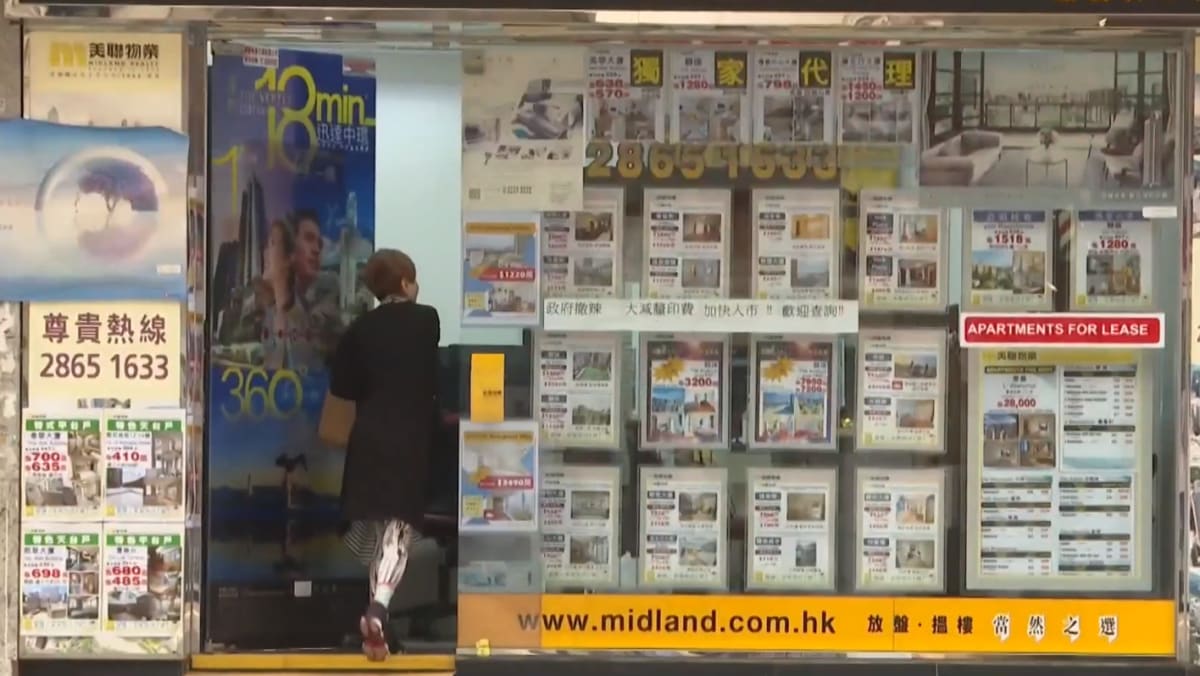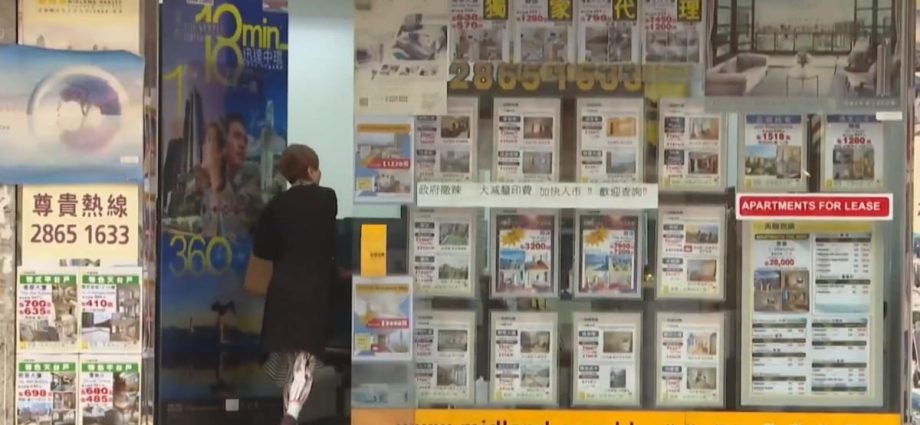
CALLS TO SCRAP PROPERTY CURBS
The demand from mainland clients has also slowed along with China’s economy. There have been increasing calls for the Hong Kong government to lift all property curbs, a move which one analyst said will help.
“If you try to convince them (the authorities) to remove all the cooling measures, the transactions could catch on more quickly. And when there’s reinforcement of the market like this, the interest rate comes down later. It will help the market,” said Mr Martin Wong, director of research and consultancy of Greater China at Knight Frank.
Mr Wong estimated that the earliest rebound will be in 2025 if interest rates remain high, but noted that there are other hurdles.
“There’s a large number of unsold units in the market by developers and if the developers have to (sell) their inventories, they need to cut prices. So that will set a new benchmark for the market to go down for the prices,” he said.
However, this could spell wider implications for the property market, given the high level of negative equity loans. Negative equity occurs when the value of an asset owned is less than the outstanding balance on a loan.
Hong Kong Monetary Authority figures show that the value of negative equity loans surged to a 20-year high of US$16.7 billion (S$22.5 billion) at the end of last year.
“If we are foreseeing 2024 for the home prices to continue to go down, the negative equity cases will continue to go up this year. I think in terms of implication, our banks will be exposed to a higher risk than before. Although it’s not up to an alarming level, the risks will continue to go up,” he said.

